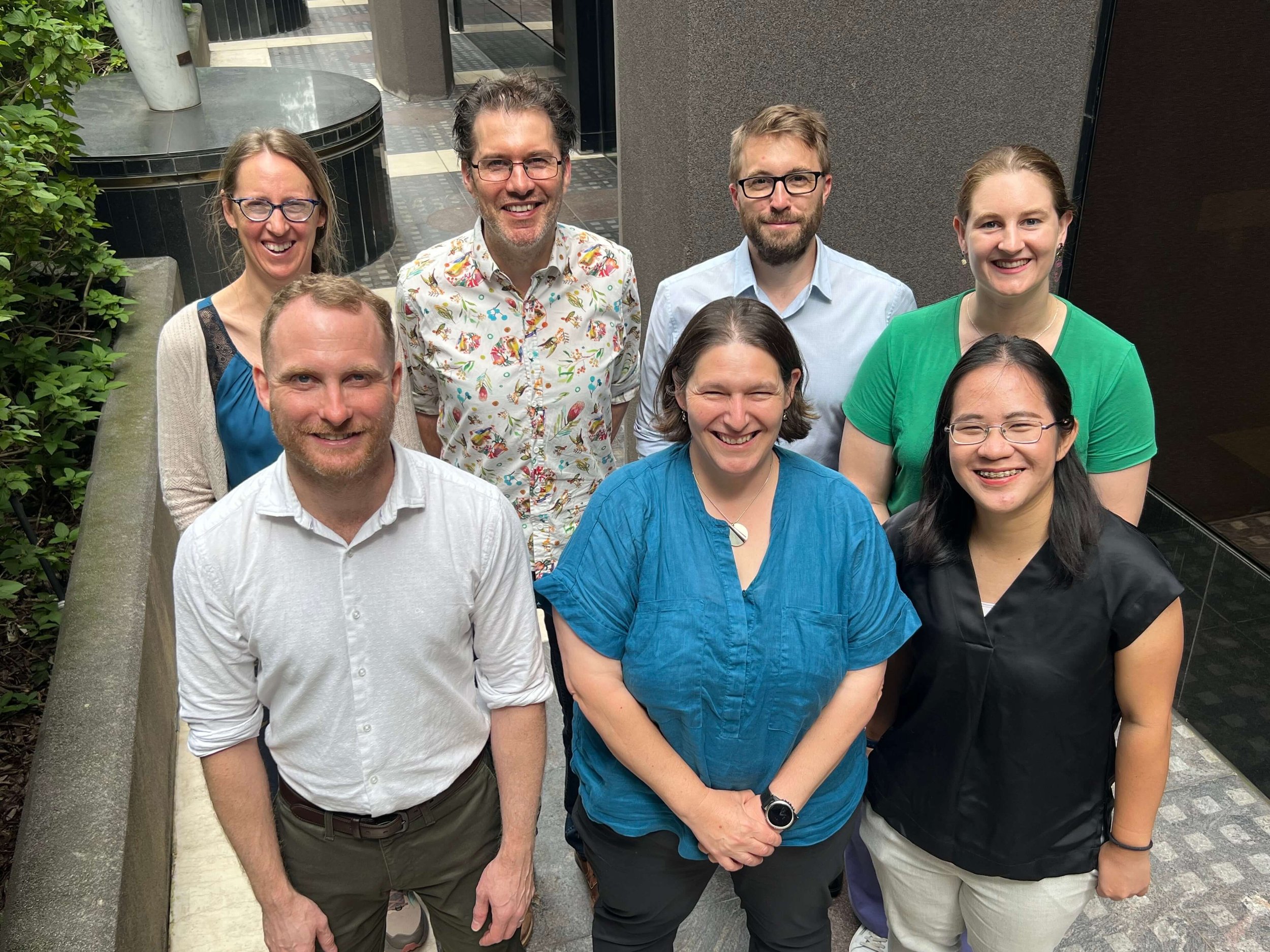From theory to practice: Evidence synthesis methods symposium pairs with practical risk of bias workshop to kick off 2025
Ring in the new research year with not one but two in-person events exploring the latest developments in evidence synthesis methods. Hosted by Monash University's Methods in Evidence Synthesis Unit (MESU) and supported by Cochrane Australia, the Evolving Methods for Evidence Synthesis of Health Research Symposium will be complemented by a practical workshop focusing on assessing the risk of bias in non-randomised studies evaluating the effects of interventions.
'We know evidence synthesis is critical to healthcare decision-making,' says event host and Head of MESU, Professor Joanne McKenzie. 'Producing trustworthy evidence relies heavily on the validity of the methods used.'
'We'll be looking at a range of review types and stages of the review process, and shining a light on the evidence synthesis methodological research underway in Australia. Local researchers continue to make such a significant contribution to the global development and evaluation of methods for evidence synthesis. Many will be joining us to present and participate in interactive forums and discussions.'
Both national and international guest speakers will deliver plenaries looking at how researchers can:
use artificial intelligence (AI) in systematic reviews
safeguard the integrity of research when using individual participant data
rethink which meta-analysis model is best for most systematic reviews
improve the reporting of systematic reviews
use assessments of the certainty of evidence to drive improvements in systematic reviews
The MESU team are looking forward to hosting back to back events in February
'The systematic review community is focused on the promise and potential for AI to speed up evidence synthesis by replacing, or supporting, humans in different tasks,' Joanne says. 'Justin Clark from Bond University will be taking a closer look at the evidence underpinning how well AI works for various review tasks, while Evan Mayo-Wilson (UNC Gillings School of Global Public Health, USA) will share his findings on whether AI can be used to detect changes in clinical trial outcomes.'
'We're very fortunate to have global leaders in evidence synthesis methods – Jonathan Sterne and Julian Higgins from the University of Bristol – joining us as well. They'll be presenting different perspectives on which meta-analysis model is the best choice for most systematic reviews. This will no doubt be a thought-provoking highlight!'
So join the conversation and discover the latest in all things methods in evidence synthesis.
For full details about speakers, plenaries, short talks, workshop information and registration, visit Evolving Methods for Evidence Synthesis of Health Research Symposium.
Or to book your place right now…

